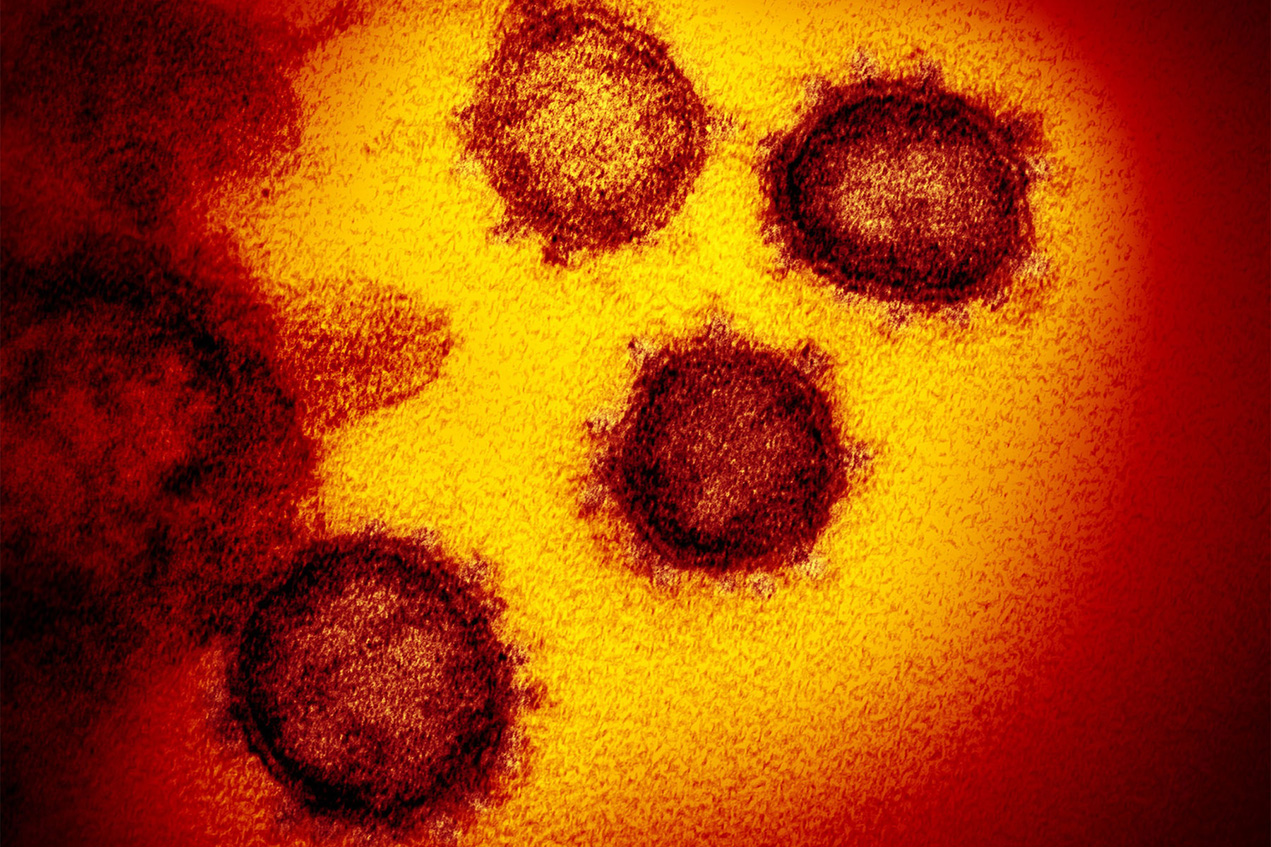USC and the Los Angeles County Department of Public Health are launching a study that will follow as many as 3,000 county residents over time to better understand social inequities exposed by COVID-19 as well as other impacts of the pandemic.
The project, called the Los Angeles Pandemic Surveillance Cohort, is a collaboration between the county; USC’s COVID-19 Pandemic Research Center, housed within the Department of Preventive Medicine at the Keck School of Medicine of USC; the USC Price School of Public Policy; and the USC Schaeffer Center for Health Policy & Economics.
“It’s our privilege to help in this effort and actively partner with Los Angeles County to know more about the effect of this virus,” said USC President Carol L. Folt.
“Working alongside the Department of Public Health, our research scientists will provide data that makes an impact in our community.”
Data show that L.A. County is one of the epicenters of the pandemic and that the virus is affecting communities unequally. The goal of the study is to closely track the continued impact of COVID-19 infections on communities and families, even as vaccination programs roll out. The study will allow the investigators to distinguish between those participants who are positive due to prior infection and those who are positive due to vaccination.
“This partnership between the Department of Public Health and USC will help us get a more complete and accurate picture of the pandemic in L.A. County,” said Barbara Ferrer, the county’s public health director.
“Knowing how this picture changes over time will allow us to concentrate our efforts to slow the spread even more, providing resources and services directly to the residents and communities who need them the most.”
USC and Los Angeles County to study how COVID has affected local households
The initiative will enlist the L.A.-based market research firm LRW to recruit a representative group of 2,000 L.A. County households, including 2,000 adults and 1,000 children. The aim is to have the group represent the age, socioeconomic, gender, racial and ethnic makeup of the county. Participants will be drawn from neighborhoods with high, medium and low population densities.
Participants will be tested for COVID-19 antibodies — a sign of previous infection — and retested after two to three months. The research team will also track changes in their health and well-being during the pandemic by asking questions about their jobs, mental health and attitudes toward preventive measures like mask-wearing and social distancing.
“Even as the vaccination campaign proceeds and continuing measures such as masking, social distancing and other guidelines are embraced, it is clear that this pandemic has a long way to go,” said Howard Hu, the Flora L. Thornton Chair of the Department of Preventive Medicine at the Keck School.
“A rigorous understanding of the pandemic’s ongoing impact will be critical to devising the public health strategies to navigate this current situation and to allow us to return to some form of ‘normalcy’ as quickly and safely as possible.”
The principal investigators on the study include Hu; Neeraj Sood, professor and vice dean of research at USC Price and director of the COVID Initiative at the USC Schaeffer Center; and Paul Simon, chief science officer at the L.A. County Department of Public Health. Co-investigators include Rani Kotha, senior strategist at the USC Schaeffer Center; Andrea Kovacs, a professor of pediatrics, pathology and preventive medicine at the Keck School of Medicine; and Will Nicholas, director of the Center for Health Impact Evaluation at the L.A. County Department of Public Health. In addition, the study benefits from the expertise of scientists affiliated with USC’s COVID-19 Pandemic Research Center.
This study is supported with funds from the U.S. Centers for Disease Control and Prevention as well as strategic investments from USC.
The COVID-19 Pandemic Research Center, based in the Keck School of Medicine’s Department of Preventive Medicine, aims to understand and mitigate the impact of COVID-19 on community health locally and globally, with a focus on health inequities related to age, gender, occupation, race and socioeconomic status. The center has more than 60 members with expertise in a range of disciplines from epidemiology, laboratory and data sciences to survey research and health behavior.
— Leigh Hopper


